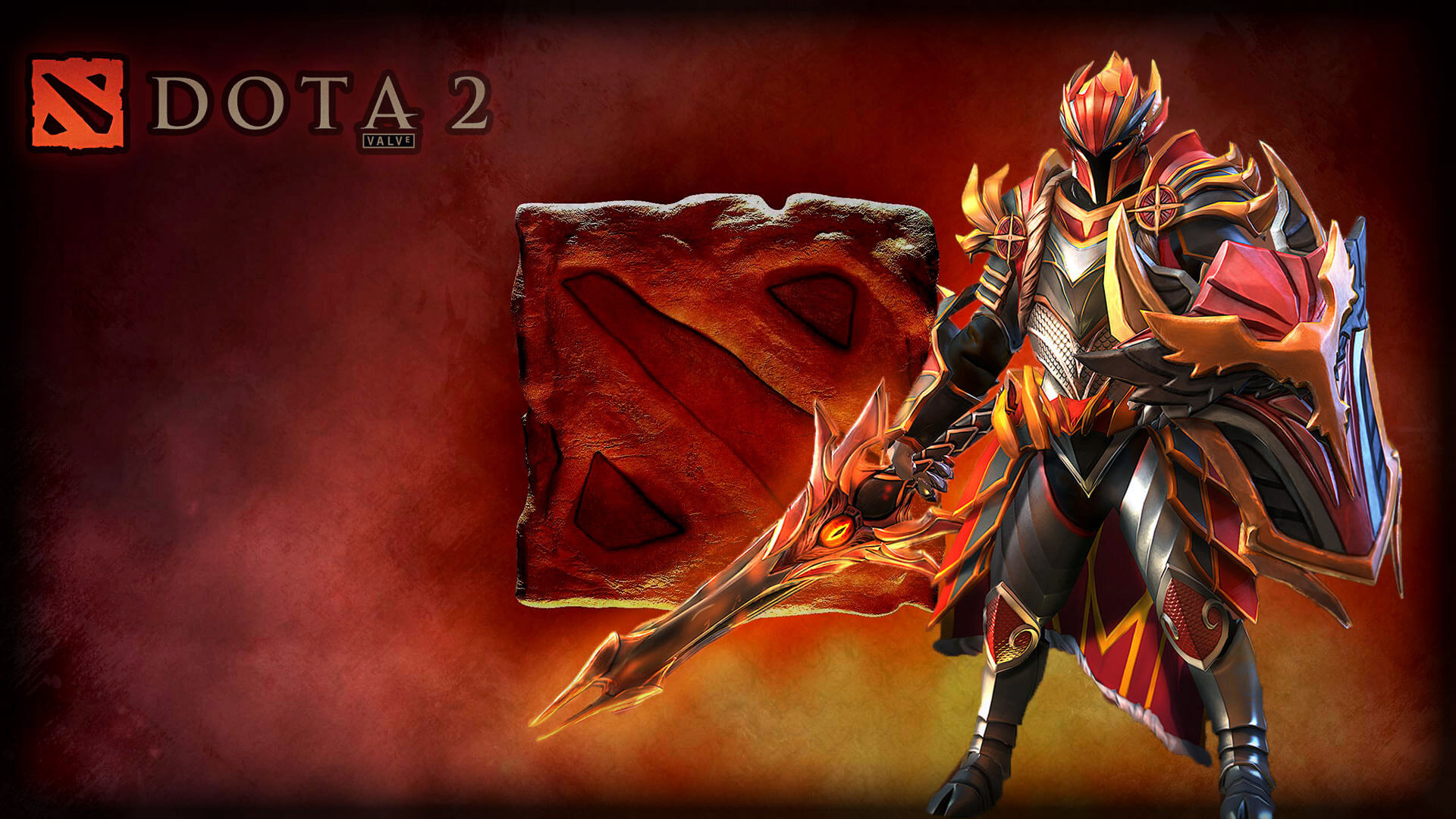Esports is one of the fastest growing competitions in recent times, with an estimated 89 million people watching esports in 2014. The prizes for winning such competitions have increased dramatically as well, with prize pools reaching up to $20 million USD. Major sponsors such as Red Bull, Logitech and Nissan have jumped on board the trend by sponsoring esports events.
Although esports have been rising in popularity, there has been a point of contention when it comes to its classification. Proponents of esports consider it to be in the same category as regular sports, while detractors feel that it shouldn’t be grouped in the same category. So can esports be considered as a regular sport? Let’s first find out about “esports” in more detail…
What is Esport?
Esports is an umbrella term for competitive multiplayer gaming, played at organized competitions. It is also known as “pro-gaming’. Similar to regular sports, esports consist of many different types of games. Popular games include League of Legends, Counter-strike, Dota 2, Starcraft 2, FIFA, World of Warcraft and Halo.
Professional gamers compete in front of live audiences and events have been held at large arenas. These events are also broadcast all over the world, typically through online streaming services. So now that we’ve established that professional gamers compete against each other at organized competitions, what does it take for a pro gamer to be considered an “athlete”?
What does it take to be an “Athlete”?
Typically when discussing what it takes to become a good athlete, you might consider the following three things:
- Strategy
- Fitness
- Reaction Time
From the viewpoint of strategy, professional gamers do have to be very strategic. Most esport games involve a lot of strategy in order to be successful, and it can often be the difference between winning and losing. For example games such as Starcraft and League of Legends are very complex and since they are constantly evolving, strategy is incredibly important.
The next point is fitness. While gamers typically have a negative stereotype of unfit individuals who spend their days in front of a computer screen, it is becoming widely accepted that a healthier body leads to a healthier mind, so many top players now make sure their diets are healthy and that they perform regular exercise.
Finally, pro-gamers have incredibly fast reaction times and reflexes, and their minds are very flexible. Their ability to produce more than 300 actions per minute shows how fast they are able to operate at. In fact, there has been research that shows that gamers have better mental agility and reflexes when compared to the general population.
So now that we’ve established that esports gamers can be considered athletes, does esports meet the definition of “sport”?
Definition of Sport
The Oxford dictionary defines ‘sport’ as:
“An activity involving physical exertion in which an individual or team competes against another or others for entertainment”
Apart from the ‘physical exertion’ part, esports fits every other aspect of this definition. Detractors of esports will use often use this narrow definition to exclude esports from being categorized as a regular sport. And you can even bet on e-sport with Ladbrokes !
While this narrow definition of sport might exclude esports from being considered a real sport, as we are about to discuss, the olympics committee has a slightly different view.
What is considered an “Olympic Sport”?
Esports are already recognized by the KOC as a sport. In January 2015, the Korean esports Association announced that they had managed to get esports accredited as a 2nd-level Olympic sport. By doing so, they hope that this endorsement will help them get the IOC to recognize them internationally.
In order for Esports to be considered an olympic sport by the IOC, they must submit a proposal that fulfils 5 categories, which are split into 35 criteria. These are:
- Olympic proposal – number of affiliated national federation, level of participation worldwide
- Institutional matters – the sport’s governance
- Value Added – the sport’s image
- Popularity – what crowd numbers will it draw, media interest and sponsorships
- Business Model – amount of money the sport generates
Esports fulfil all five of these categories, and so the chances of it becoming an Olympic sport is very good. Let’s break down these five categories.
Firstly, esports have worldwide participation with an enormous amount of people both as participants and spectators. There are also national federations in many countries worldwide.
Esports are governed by the IeSF (international e-sport federation) which was established in 2008, and they are affiliated with the IAAF and WADA. This federation has created a $149 million strategic partnership with Alibaba to help build a competitive circuit for pro gamers.
The popularity of esports is undeniable. Over 89 million people worldwide watched esports in 2014 and that number is growing every year. Esports also attract large media interest and sponsors such as Red Bull and Logitech.
These sponsorships also are a large part of how esports are profitable and shows that it is a viable business model. Add to this the ticket revenue from live events and potential broadcast deals, the amount of money that esports generate is tremendous.
Conclusion
Given the amount of skill, strategy and competitive spirit that is required in esports, one can safely say that esports can be considered like a regular sport. Furthermore, considering that it fulfils the 5 main categories of being an Olympic sport (Olympic proposal, institutional matters, value added, popularity and business model) this adds further weight to the idea that esport is like a regular sport.


